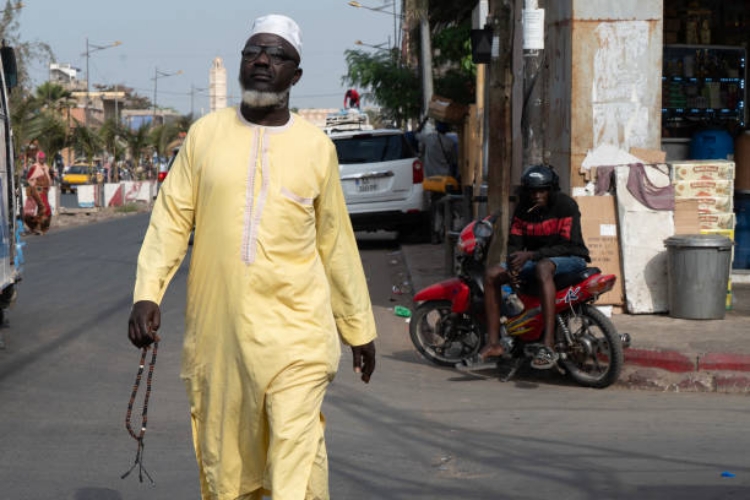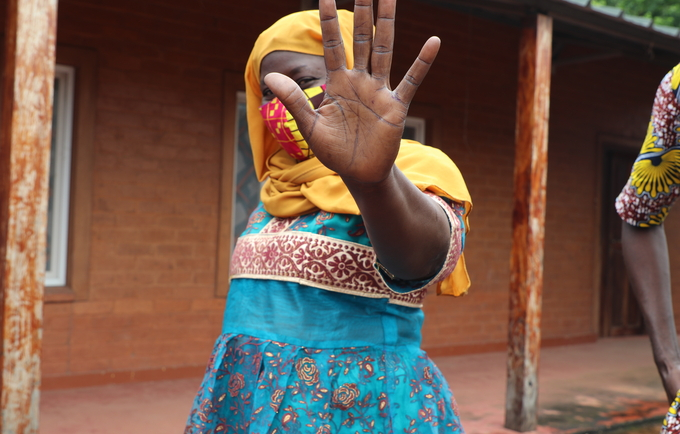Gambiaj.com – BANJUL, The Gambia – The Joint Committee on Health and Gender presented its comprehensive recommendations on Monday, advocating for the continued prohibition of Female Genital Mutilation and Cutting (FGMC) as outlined in the Women’s Amendment Act 2015.
Hon. Amadou Camara, of Nianija who co-chaired the joint committee presented the report to the plenary. He explained that FGMC involves the partial or total removal of the female external genitalia or other injury to the female genital organs, and can lead to serious health problems including infections, bleeding, infertility and complications in childbirth.
After thorough examination and consultation with various experts, the committee emphasized the critical importance of maintaining the ban to protect women’s health and well-being, promote gender equality, and support social development in Gambia.
Since it began circulating through parliament in March, the Women’s (Amendment) Bill 2024, sponsored by Almameh Gibba, the member of parliament for Foni Kansala, has caused a great deal of division in the country.
On Monday, the joint committee strongly unveiled its support for the continued enforcement of the current legislation that prohibits all forms of female circumcision, recognizing the severe health risks and human rights violations associated with FGMC.
The report underscores the link between FGMC and numerous health complications, including chronic pain, infections, and psychological trauma. Repealing the ban would expose women and girls to these severe health risks.
The committee further stated that it had conferred with Islamic scholars who verified that the practice was not mandated by Islam—a claim frequently made by the pro-FGM faction.
“Female genital mutilation is not Islamic but a custom or traditional belief,” the report said. The FGMC perpetuates gender inequality and discrimination. By maintaining the ban, Gambia reaffirms its commitment to gender equality and social development, challenging harmful cultural norms and practices. The committee recommends ensuring that women and girls who have undergone FGMC have access to legal support, shelters, counseling, and other necessary services.”
Ongoing research is essential to understand the prevalence and impact of FGMC and to evaluate the effectiveness of prevention and intervention strategies. According to the joint committee, the government should enforce existing laws, issue clear policy directives against FGMC, and promote gender equality and women’s rights. Public awareness campaigns should be conducted to educate communities about the harmful effects of FGMC and promote gender equality.
The Committee advises that health care providers be trained to address the physical and psychological consequences of FGMC and to provide appropriate medical care and support. The practice of medicalizing FGMC must be clearly prohibited.
“We present a firm dedication to eliminating discrimination and promoting gender equality,” concluded the report, urging the assembly to adopt the recommendations to ensure a more inclusive and equitable society in Gambia” Hon. Amadou Camara urged.
35 MPs voted in favor of adopting the report, 17 voted against, and two abstained following a contentious debate that occasionally turned into yelling and table banging.










